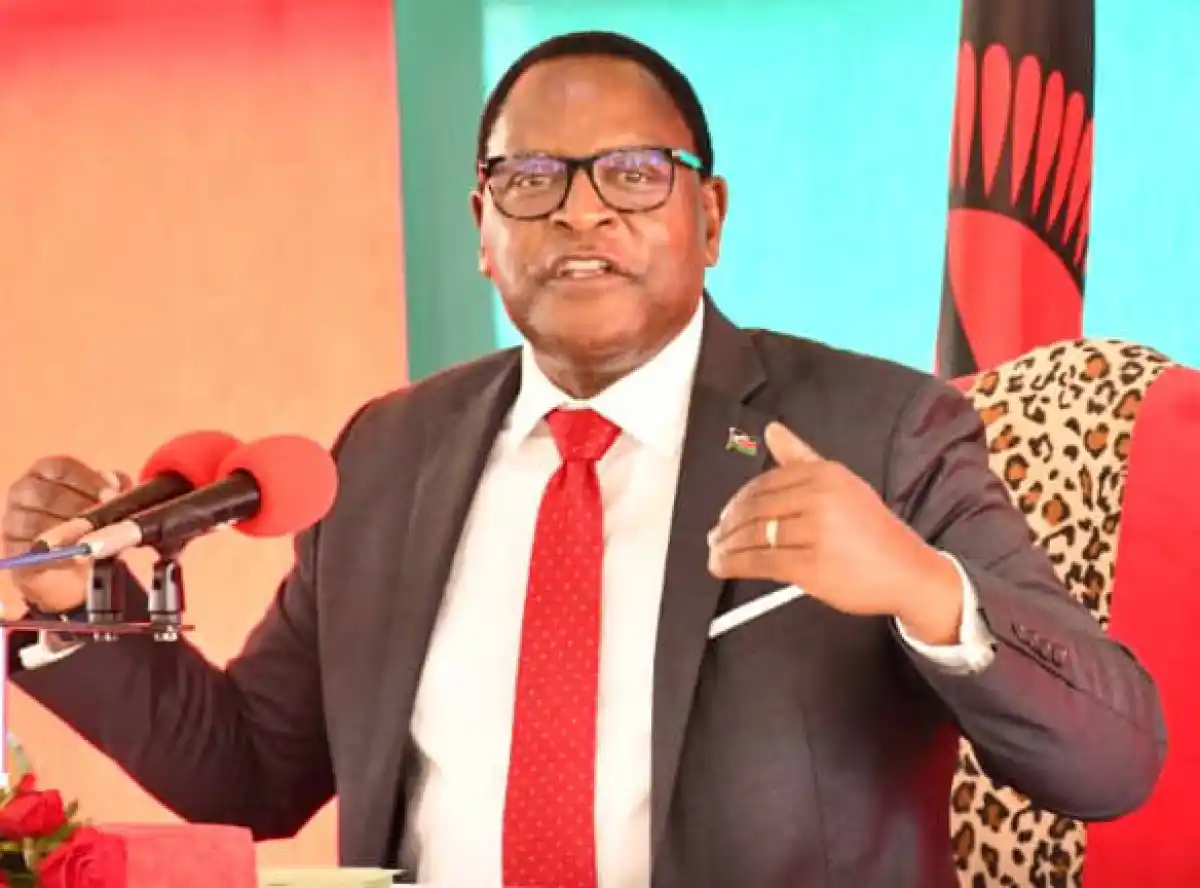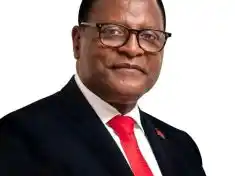
Consumers Association of Malawi (Cama) and other observers have frowned at the economic thinking of President Lazarus Chakwera by turning down a 30 percent fuel price hike proposal by the Malawi Energy Regulatory Authority (Mera).
On Tuesday night, the State House announced that Chakwera had rejected a proposed increase in the pump price of fuel by over 30 percent as proposed by agencies involved in the procurement and supply of fuel.

The decision has “baffled” Cama Executive Director John Kapito, who said yesterday that Chakwera’s decision would compound the already worsening fuel crisis in Malawi.
In Malawi, Mera is the only institution that is mandated to determine prices of energy sales and services.
The key determinants of the landed costs of petroleum products are the exchange rate of the Kwacha against the United States Dollar and the Free on Board prices of refined petroleum products on the international market.
Under the Automatic Fuel Pricing Mechanism, pump prices qualify for an adjustment when the landed costs of petroleum products move beyond the ± 5 percent trigger limit.
Mera last hiked the price of fuel on November 10 2023, a development that saw the price of a litre of diesel moving up from K1,930 to K,2,734 and that of petrol of similar quantity going up from K1,746 to K2,530.
The price of a litre of paraffin was hiked from K1,261 to K1,910.
On Tuesday night, Chakwera also gave fuel stakeholders 48 hours to resolve their failure to bring 31 million litres of affordable fuel that he secured a month ago through his new government-to-government policy.
The fuel is still awaiting haulage from Tanzania to Malawi.
But according to Kapito, Chakwera is “living in denial” by failing to accept that prevailing fuel prices are far below the buying price.
“Mera made their recommendations to hike fuel prices based on the economic realities on the ground. We have been making similar calls based on the same.
“I don’t know what the President is basing his decisions on. But definitely it’s not economics; maybe politics, being an election year. When fuel is not available, people are being forced to pay more money, in some cases as high as K10,000 per litre.
“So, which is better: To be paying about K3,500 per litre for fuel which is readily available or to be paying K10,000 per litre for fuel on the black market?” he said.
Natural Resources Committee of Parliament Chairperson Werani Chilenga, whose committee recently recommended a fuel price hike, said Wednesday that their task ends at making a recommendation.
According to Chilenga, there was nothing more the committee could do.
“We, as Parliament, only make recommendations. We don’t go beyond that. Whether the recommendations are taken on board or not is beyond us,” Chilenga said.
Coincidentally, Vice President Michael Usi has also directed Energy Minister Ibrahim Matola, National Oil Company of Malawi (Nocma) and Mera officials to “quickly” work on solutions to fuel supply problems.
He has further ordered the officials to present to him solutions identified by today.

Usi gave the directive on Tuesday when he met with the minister and officials from Nocma to understand why they were failing to bring into the country the government-to-government arrangement fuel that is currently at Tanga Port in Tanzania.
The meeting, which was organised by the Vice President, came following the problem of unending fuel scarcity in the country.
Speaking after the meeting, which was held in camera, Matola said they would comply with the directive.
“The Vice President, who is also the Minister of State and Public Service Delivery, is not happy with the way our technical teams are handling the issue of bringing fuel into the country.
“He has, therefore, directed the technical team comprising Mera, Nocma and my ministry to bring immediate solutions on how the remaining 31 million litres of fuel in Tanga can be brought into the country urgently. We have been told to bring a report on the roadmap on Thursday,” Matola said.
In its 20th Malawi Economic Monitor the World Bank said Malawi’s fuel shortages result in part from the government’s decision to set fuel prices below cost recovery.
According to the bank, such policies had resulted in K785 billion in losses for petroleum importers.
“While the Malawi Energy Regulatory Authority is covering these losses, importers are withholding K330 billion in levies that are supposed to be remitted to beneficiary institutions to finance road maintenance and rural electrification projects.
“Import losses depleted the Price Stabilisation Fund in 2022, pre-venting it from fully compensating importers. Administrative pump prices are insufficient to cover escalating import and transportation costs, and although suppliers have exported fuel to Malawi on open credit, the increase in arrears has resulted in the severing of credit lines,” the MEM reads.
The World Bank notes that below-cost fuel prices are part of a wider trend of providing implicit subsidies across sectors and products through quasi-fiscal activities conducted outside the budget.
“The foreign exchange market is a major example, as the RBM [Reserve Bank of Malawi] sells foreign-exchange reserves at the official rate, which is significantly below the rate at which most market participants can access foreign exchange.
“Between 2019 and 2024, the RBM sold over $1.1 billion in foreign exchange to banks and other entities at the official exchange rate. While details on the use of RBM foreign exchange sales are not made public, a large share went to finance purchases of fuel and fertiliser,” the bank says.




0 Comments